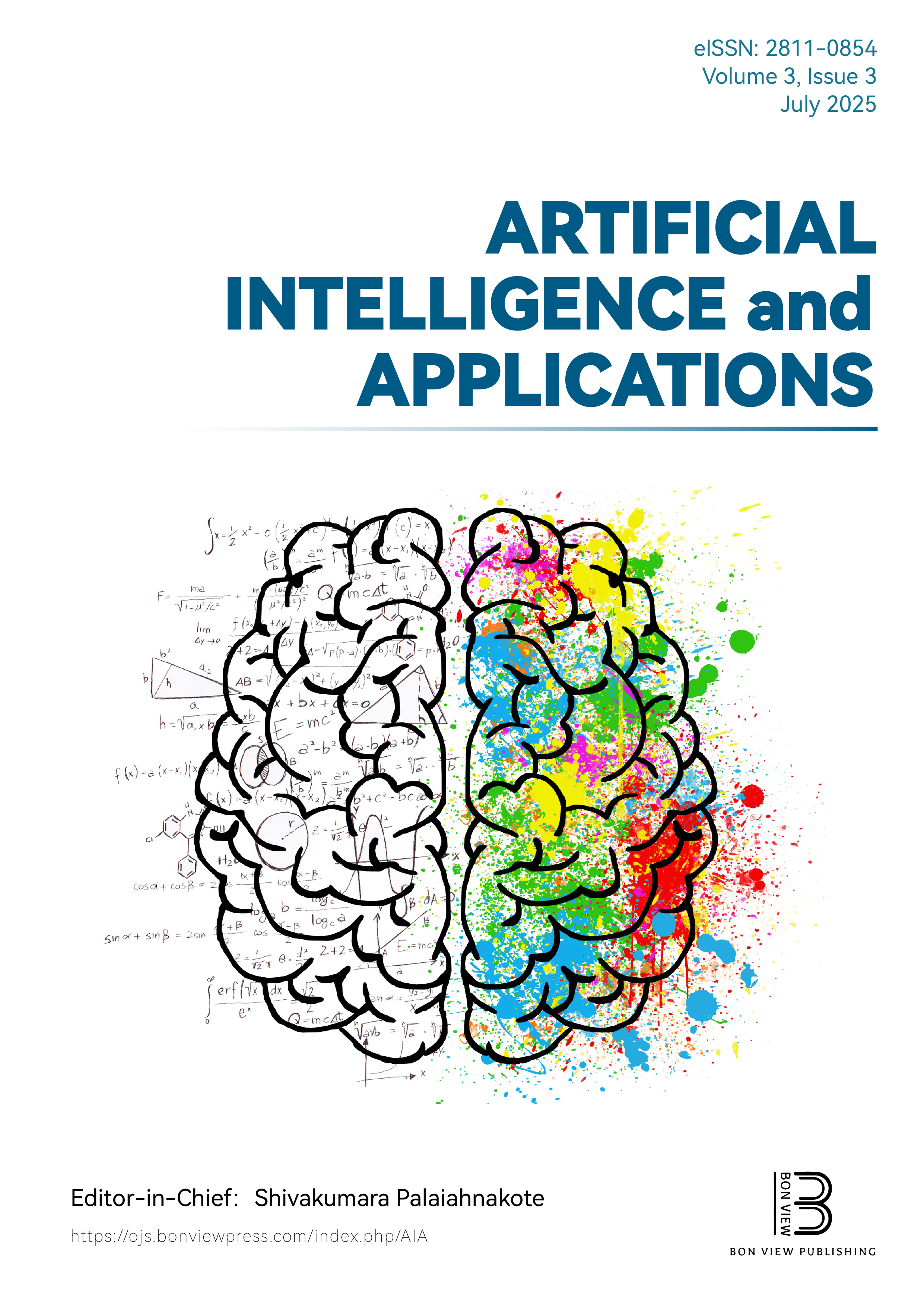Methodological Characterization and Computational Codes in the Simulation of Interacting Galaxies: Image Evaluation with CNN
DOI:
https://doi.org/10.47852/bonviewAIA3202743Keywords:
galaxy pairs, numerical simulation, computer code, spectroscopyAbstract
Currently, technological development has exponentially fostered a growing collection of dispersed and diversified information. In the case of galaxy interaction studies, it is important to identify and recognize the parameters in the process, the tools, and the computational codes available to select the appropriate one in depending on the availability of data. The objective was to characterize the parameters, techniques, and methods developed, as well as the computational codes for numerical simulation by implementing Convolutional Neural Network; with information retrieval, image and video analysis and pattern recognition. From the bibliography, it was reviewed how various authors have studied the interaction, presence of gas and star formation, and then the review of computer codes with the requirements and benefits, to analyze and compare the initial and boundary conditions. With images, the convolutional neural network (CNN) method programmed in python was applied to identify the differences and their possible accuracy. Smoothed Particle Hydrodynamics systems use more robust algorithms with invariance, simplicity in implementation, flexible geometries, but do not parameterize artificial viscosities, discontinuous solutions, and instabilities. In the case of adaptive mesh refinement, there is no artificial viscosity, resolution of discontinuities, and suppression of instabilities but with complex implementation, mesh details, and resolution problems, and they are not scalable. It is necessary to use indirect methods to infer some properties or perform preliminary iterations. The availability of observable data governs the behavior of possible numerical simulations, in addition to having tools such as a supercomputer, generating errors that can be adjusted, compared, or verified, according to the techniques and methods shown in this study, in addition to the fact that codes that are not so well known and used stand out as those that are currently more applied. Thus, CNN enables pattern recognition, based on the recovery and analysis of images and videos, as well as simulations of interacting galaxies.
Received: 8 February 2023 | Revised: 23 May 2023 | Accepted: 16 June 2023
Conflicts of Interest
The authors declare that they have no conflicts of interest to this work.
Data Availability Statement
Data sharing is not applicable to this article as no new data were created or analyzed in this study.
Author Contribution Statement
Eduardo Teófilo-Salvador: Conceptualization, Methodology, Software, Formal analysis, Investigation, Writing – original draft, Funding acquisition. Patricia Ambrocio-Cruz: Visualization, Project administration. Margarita Rosado-Solís: Writing – review & editing, Supervision.
Downloads
Published
Issue
Section
License
Copyright (c) 2023 Authors

This work is licensed under a Creative Commons Attribution 4.0 International License.


